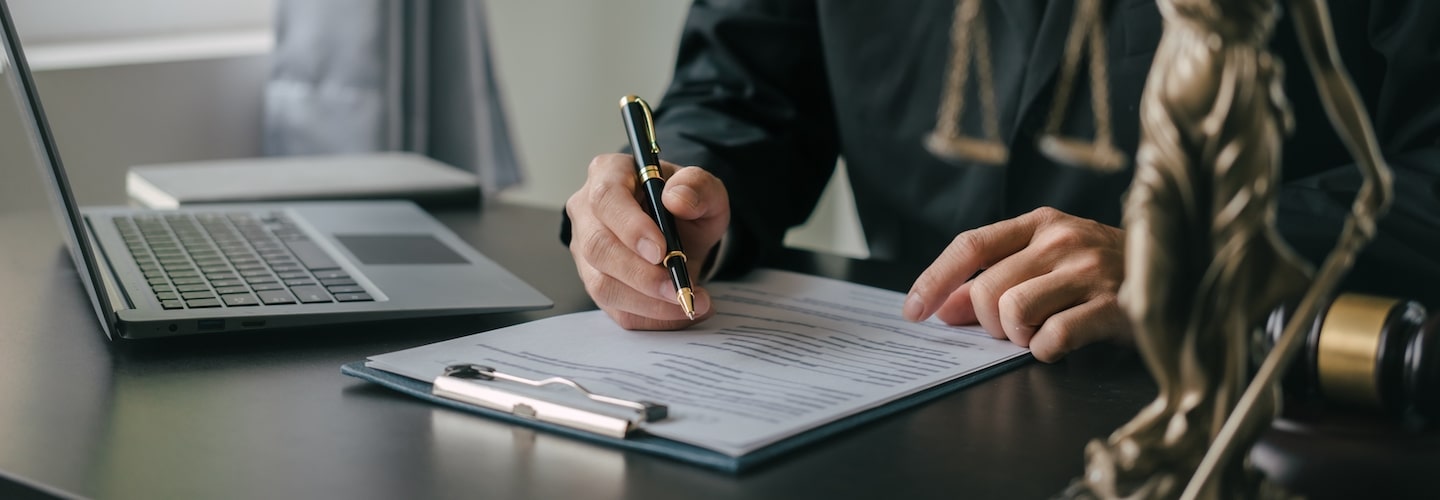Legal liability plays a crucial role in the framework of law, influencing how individuals and organizations interact and ensure accountability. The two main types of liability are civil and criminal liability, each serving distinct functions within the legal system. Understanding these types of legal liability provides clarity on how responsibilities are assigned and adjudicated in various situations.
Civil liability typically arises from breaches of duty owed to individuals, leading to compensation for damages. In contrast, criminal liability involves actions that violate the law, resulting in punishment such as fines or imprisonment. Exploring these categories of liability law reveals the intricacies of legal accountability and the consequences of different actions.
Understanding Legal Liability
Legal liability involves the responsibilities individuals or entities hold under the law when their actions cause harm or legal violations. This section examines two primary types of liability: civil and criminal.
Fundamentals of Civil Liability
Civil liability arises from the failure to fulfill a legal duty, resulting in harm to another party. It primarily deals with disputes between private individuals or entities, where the injured party seeks compensation.
Common examples include:
- Negligence: Failing to act as a reasonably prudent person would, such as a driver causing an accident.
- Breach of Contract: Failing to uphold terms in an agreement, leading to damages for the other party.
Damages in civil cases can be compensatory, aimed at making the injured party whole, or punitive, intended to deter wrongful conduct.
Implications of Criminal Liability
Criminal liability pertains to actions that violate the law, warranting punishment by the state. It involves offenses against society rather than individuals.
Key components include:
- Mens Rea: The intent to commit a crime, which is crucial for determining culpability.
- Actus Reus: The physical act of committing the crime.
Examples include theft, assault, and murder. Consequences can include fines, community service, or imprisonment. Criminal liability not only punishes the offender but also serves to uphold public safety and order.
Liability in Practice
Liability affects both individuals and businesses significantly. Each entity faces unique challenges and must navigate legal responsibilities carefully to mitigate risks.
Individuals and Liability Issues
Individuals often encounter liability issues in various scenarios, including personal injury claims, property damage, or breach of contract. When someone is injured due to negligence, the injured party may seek compensation from the responsible individual. The key is establishing fault, which requires evidence and legal expertise.
Consulting with a legal professional can clarify one’s responsibilities and potential defenses. We encourage you to reach out to us here at Gerber Law so our attorney can provide guidance on navigating these complexities, ensuring individuals understand the legal landscape.
Businesses at Risk for Criminal or Civil Liability
Businesses can face criminal or civil liability in several scenarios. Criminal liability may arise if a company engages in illegal activities such as fraud, embezzlement, or environmental violations. Civil liability, on the other hand, can occur when a business’s actions cause harm or loss to another party, leading to lawsuits for issues like breach of contract, negligence, or product liability. Businesses are particularly at risk for these liabilities when they fail to comply with regulatory standards, ignore safety protocols, or engage in unethical practices. Regular compliance checks and ethical business conduct are essential to mitigate these risks.

Legal Representation and Advocacy
Legal representation and advocacy are crucial for individuals facing liability issues. Lawyers assist clients in navigating complex legal landscapes.
Key Responsibilities of Legal Representatives:
- Client Consultation: Our attorney discusses the specifics of the case to understand the liabilities involved.
- Legal Strategy Development: We devise strategies tailored to the client’s unique circumstances and liabilities.
- Representation in Court: A lawyer can represent clients during litigation to argue their case effectively.
Gerber Law plays a significant role in addressing liabilities. Our team of experienced personal injury professionals provides comprehensive support. We conduct thorough investigations to assess potential liabilities.
Services Offered by Gerber Law:
- Legal Counsel: We offer expert advice on legal rights and obligations related to liability.
- Document Preparation: The firm prepares necessary legal documents, ensuring compliance with regulations.
- Negotiation: Our attorney negotiates settlements to mitigate potential damages.
Effective advocacy can significantly impact the outcome of liability cases. By providing informed guidance, legal representatives help protect their clients’ interests.
Legal advice is often recommended to navigate liability issues, as interpretations can vary widely. It is essential to approach liability with an informed perspective.
Common Misconceptions About Liability Law
Premises liability law can be complex, and several common misconceptions can lead to misunderstandings:
Only Large Corporations Are at Risk: Many people believe that only large companies face significant liability risks. However, small businesses and individual proprietors can also be held liable for various issues, including personal injury claims, contract disputes, and employment law violations.
Belief They Are Partially at Fault: Many injured individuals assume that if they were partially responsible for the accident, they cannot hold the other party accountable. However, in many jurisdictions, comparative negligence laws allow for compensation even if the injured party shares some fault.
Assumption That Accidents Are Just “Bad Luck”: Some people think that accidents are simply unfortunate events and that no one can be held responsible. However, if the accident was caused by someone else’s negligence or wrongful actions, the injured party may have a valid claim for civil and criminal liability.
Fear of High Legal Costs: Injured individuals might avoid pursuing a claim because they believe they cannot afford legal representation. Our personal injury lawyer works on a contingency fee basis, meaning we only get paid if the case is won.
Waivers and Contracts Eliminate Liability: While waivers and contracts can reduce risk, they do not eliminate liability altogether. Courts may find certain waivers unenforceable, especially if they are deemed unreasonable or if there is evidence of gross negligence.
Underestimating Long-Term Impact: Injured parties might think their injuries are minor and not worth pursuing a claim. However, some injuries can have long-term consequences that are not immediately apparent, making it important to seek legal advice.
If you have any additional questions about civil and criminal liability, or feel you were injured and someone else is liable for your injury, please contact Gerber Law.













